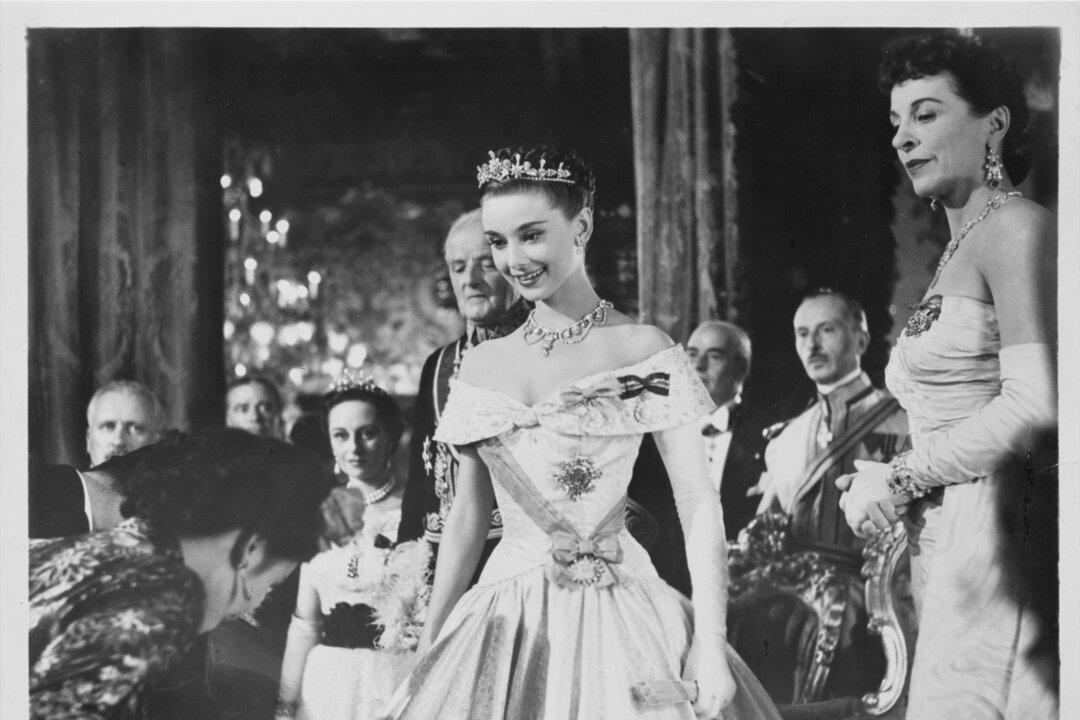Audrey Hepburn is one of the most recognizable actresses from the Golden Era of Hollywood. Even people who aren’t classic movie fans are sure to recognize pictures of her in her timelessly stylish outfits. But Hepburn was more than a pretty face and fashion model. She was an excellent actress, and many of her movies are masterpieces that deserve to be recognized for their artistic quality and inspiring values.
Today’s moment of movie wisdom is from “Roman Holiday” (1953). An important scene takes place 100 minutes into this 118-minute film. In this scene, a young princess (Hepburn) makes her overbearing royal aids respect her as a young monarch.






